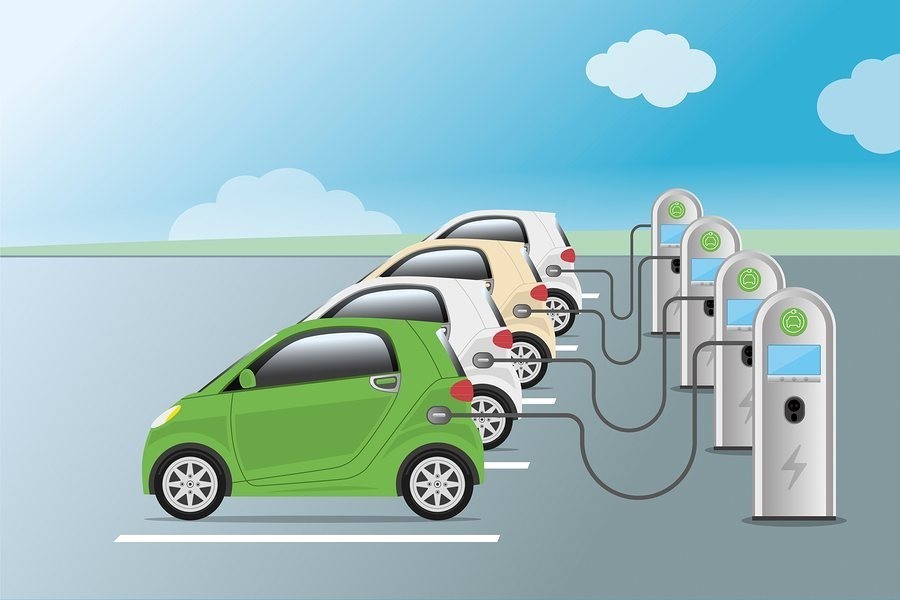The benefits of owning and operating electric vehicles (EVs) are obvious from the environmental perspective. If there is concern for clean energy, the benefits of EVs simply cannot be overstated. This particular segment has grown by leaps and bounds over the last decade. Going by media reports, the sale of EVs "doubled in 2021 from the previous year to a new record of 6.6 million. Back in 2012, just 120,000 electric vehicles were sold worldwide." Global warming, carbon dioxide emissions and other factors have increased people's interest in EVs. This is reflected in the numbers. Today one out every 10 vehicles on the road (10 per cent) is an EV. The global sale of EVs has risen 75 per cent from 2021 to 2022. Given the phenomenal rise in energy prices in Europe and elsewhere, mainly due to the Russo-Ukrainian war, Europe took an early lead in adoption. Interestingly, the drive for EVs came on a much bigger scale from China which not only churns out large numbers of EVs in all sizes and capacities, but the once-nascent industry was properly backed up by policy support.
This China-led innovation is reflected in the number of sales (roughly half the growth has come from mainland China) that has reached about 3.3 million vehicles in 2021. Although Europe's appetite for the technology remains strong, and sales are just beginning to take off in USA, most of investments, innovation are coming from China. In fact, EVs represent a direct threat to Japan's dominance in the global auto industry. Despite impressive growth, EVs are some time away from replacing oil-guzzling automobiles operating worldwide. This is primarily due to a lag in investments and rollout of the charging infrastructure on the one hand, and the slow adoption of battery driven heavy-duty vehicles. Unfortunately, public charging infrastructure is falling behind sales and this is holding back rollout of EVs by many manufacturers across the continents.
While that is the global scenario, in Bangladesh, EVs have been making some noise. From what has been printed in local media, several local and foreign companies have expressed willingness to invest hundreds of millions of dollars in setting up plants to assemble EVs. This is inevitable, and despite severe opposition from traditional vehicle importers/assemblers, little can be done to stop progress. EVs, in many ways, represent an evolutionary step for passenger and heavy-duty vehicles--- a move away from fossil fuels and in to battery-generated energy. Unfortunately for Bangladesh, policy formulation remains a painstakingly slow process, but a draft policy on EV has been made. By the looks of it, would-be manufacturers of EV are on the back foot. EV far from being recognised as a promising new sector that has bright export potential, has got a step-brotherly treatment. EV entrepreneurs are yet to get sufficient policy support to move the technology in to the limelight, but that may change over time. Only when the public charging infrastructure is set up properly in the country, widespread acceptance of EVs in Bangladesh can be expected. These are questions that need to be answered because car buyers (1st time or otherwise) are not going to be expending hundreds of thousands of Taka for a newly assembled/manufactured/imported vehicle unless they know where the vehicle can be charged - in the city, at home, or on inter-district routes. Without these basic questions answered, there is little hope of EVs making inroads in to the Bangladesh market.


